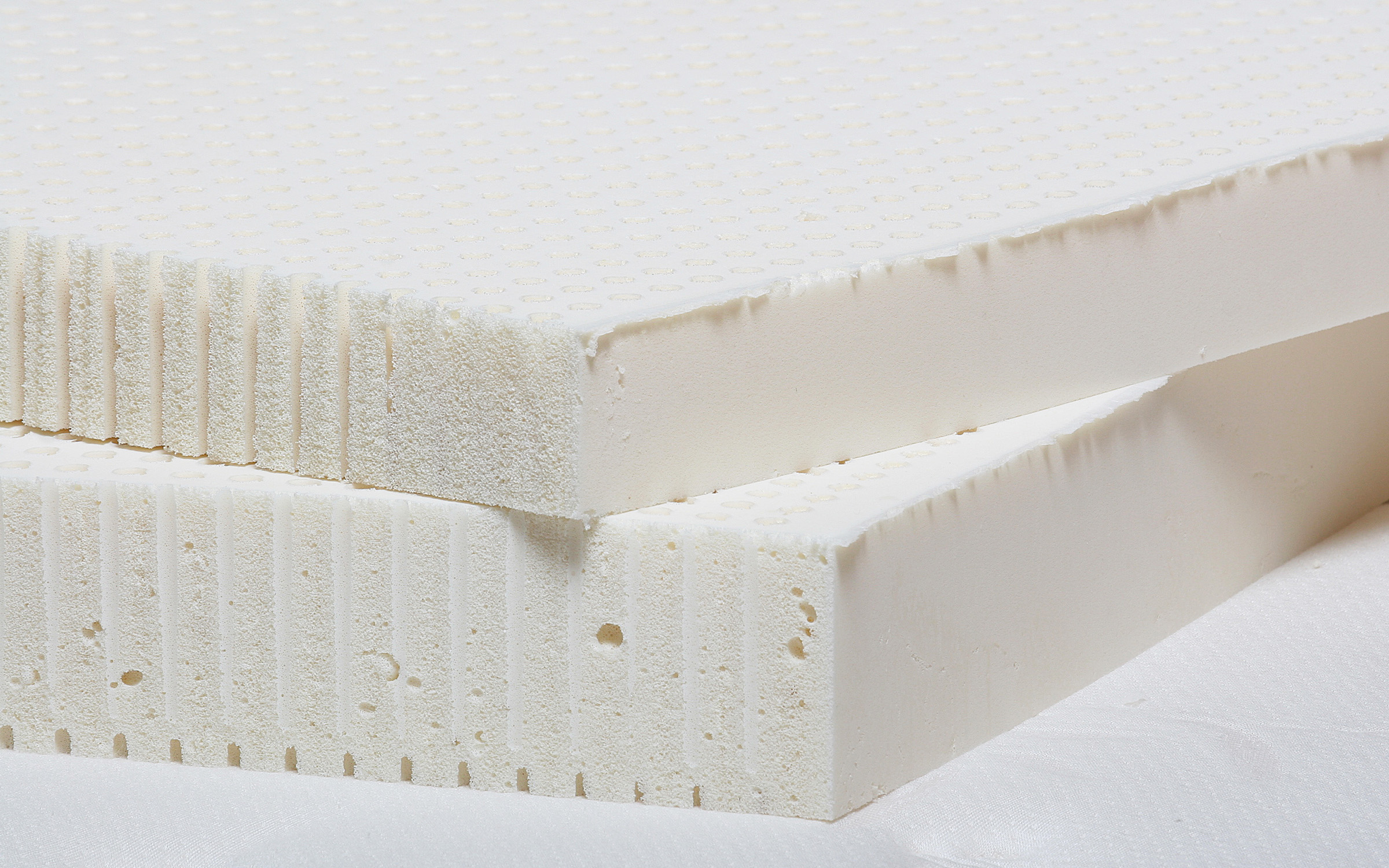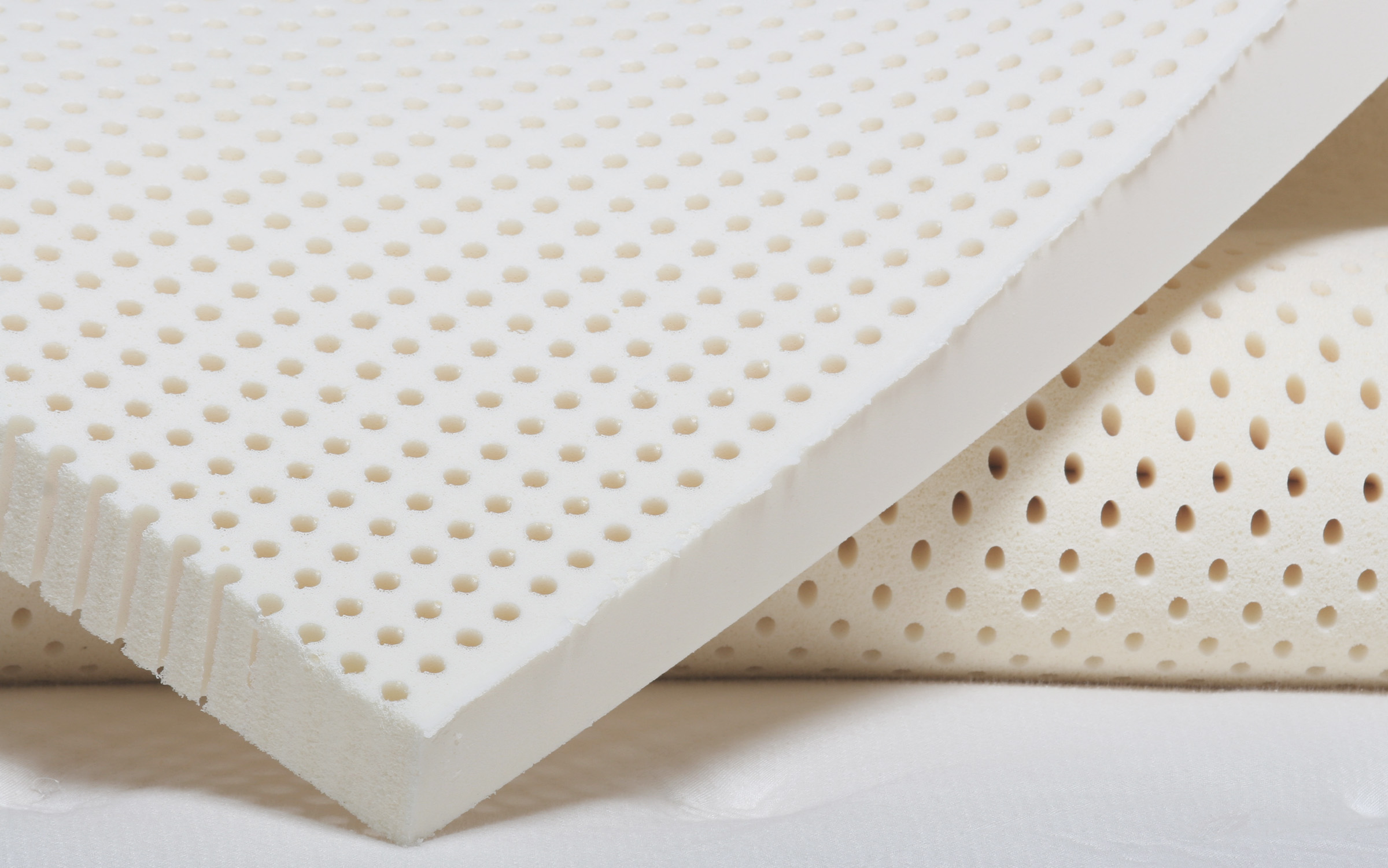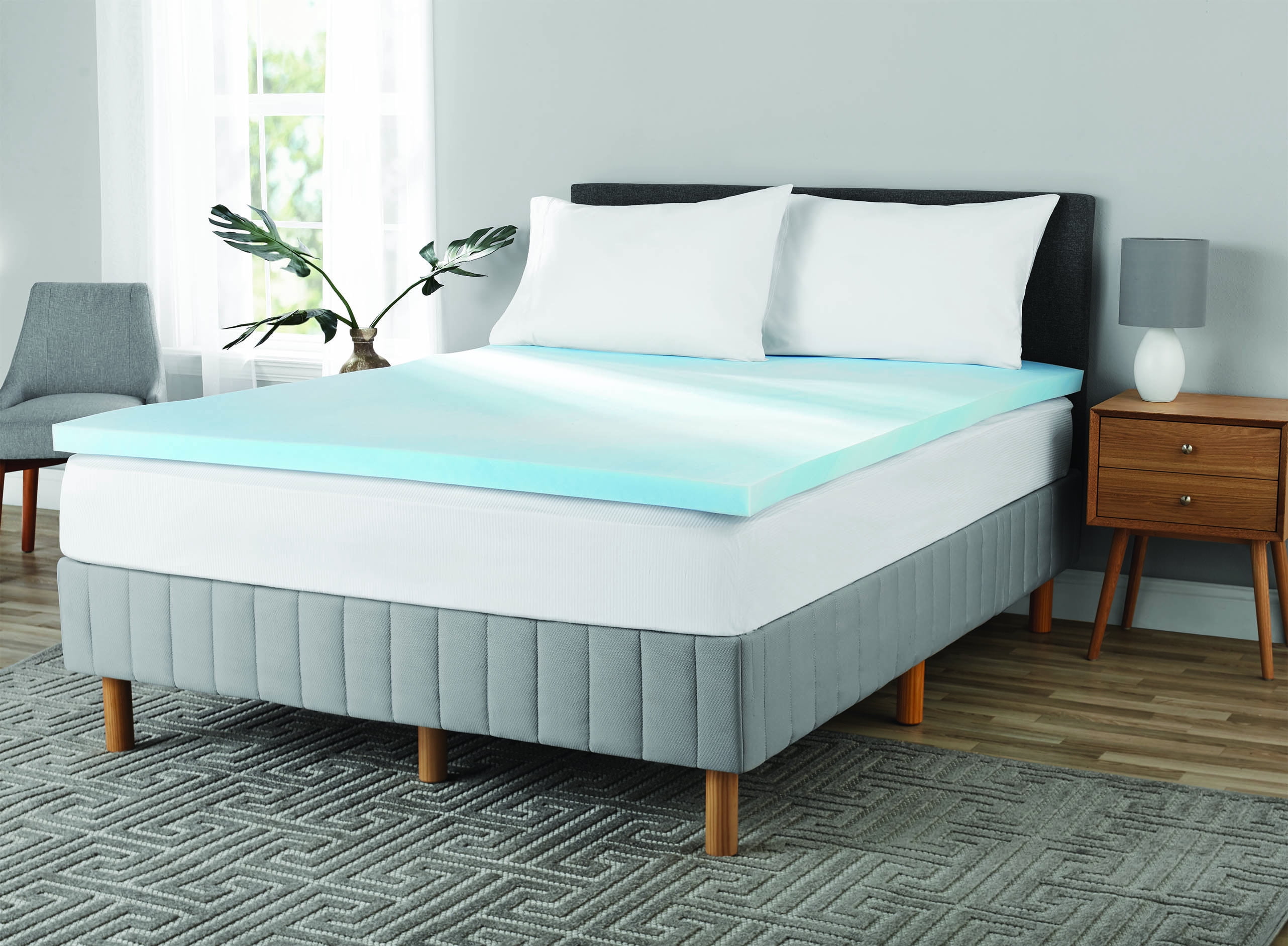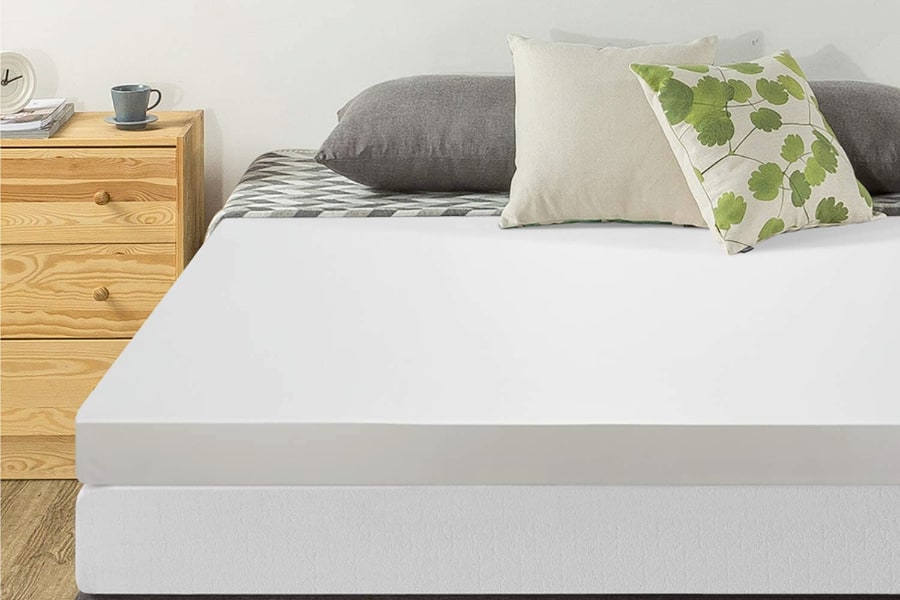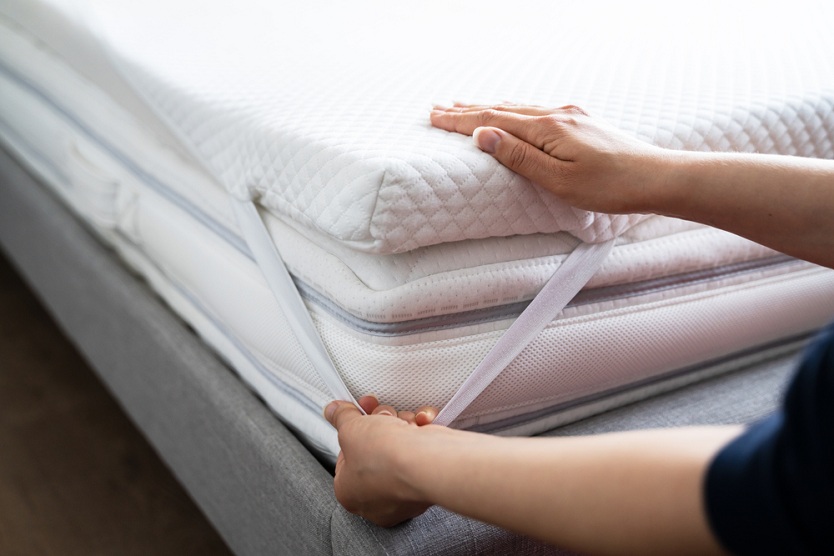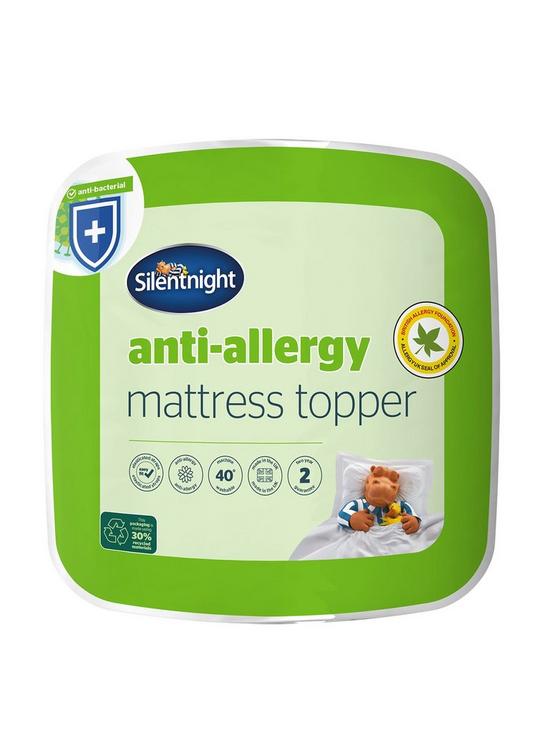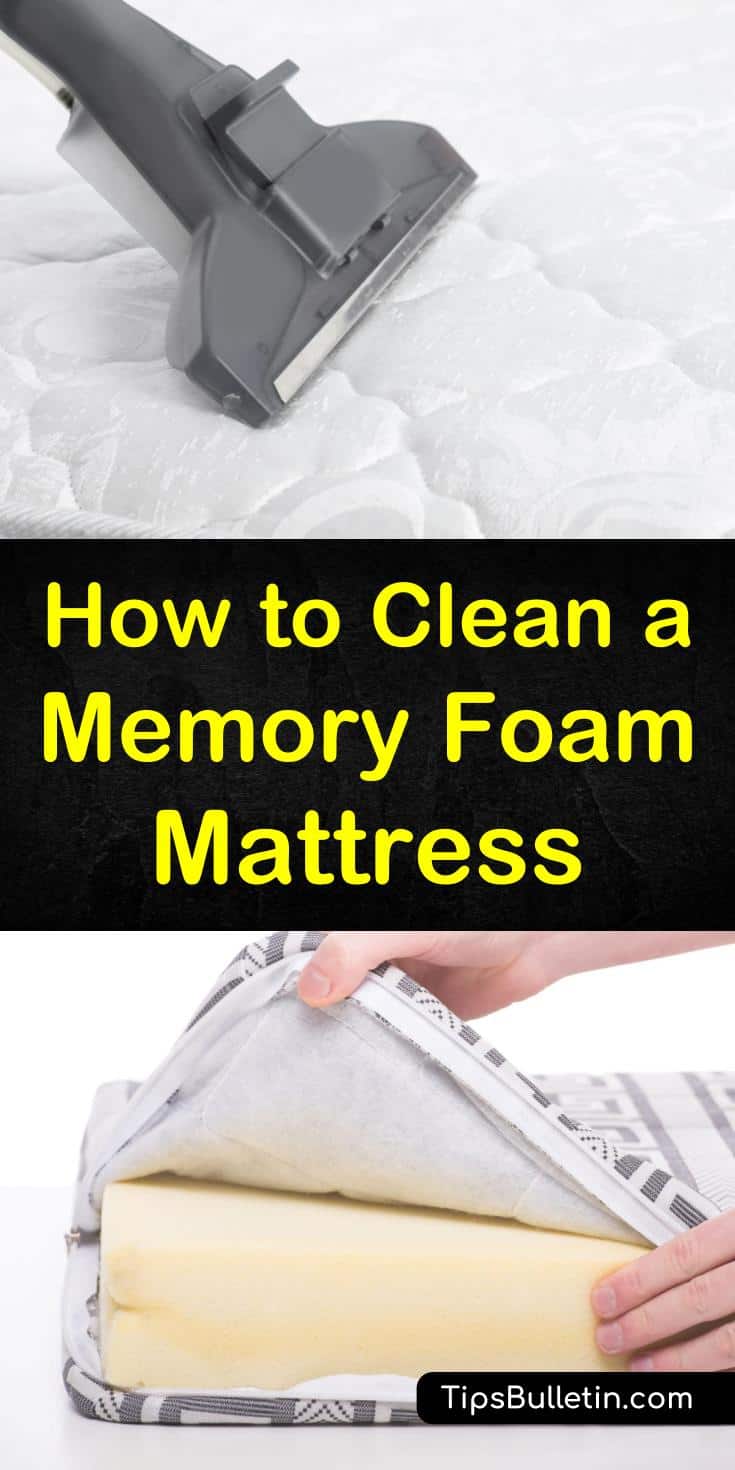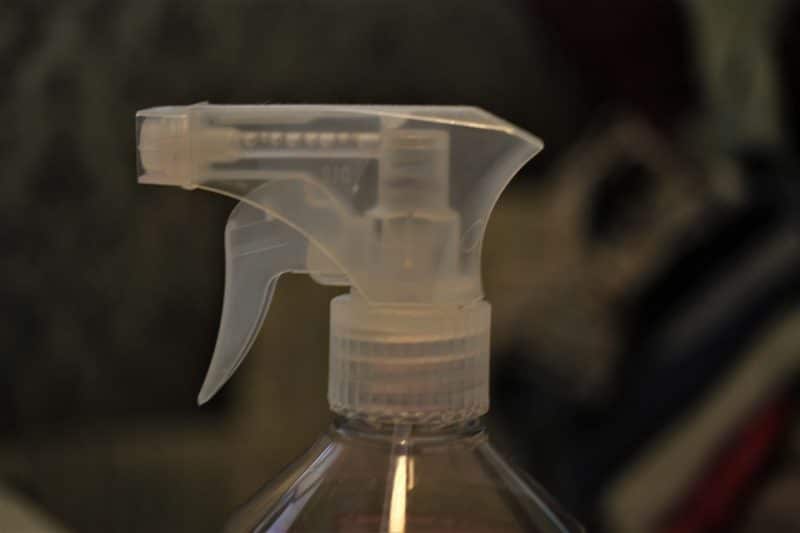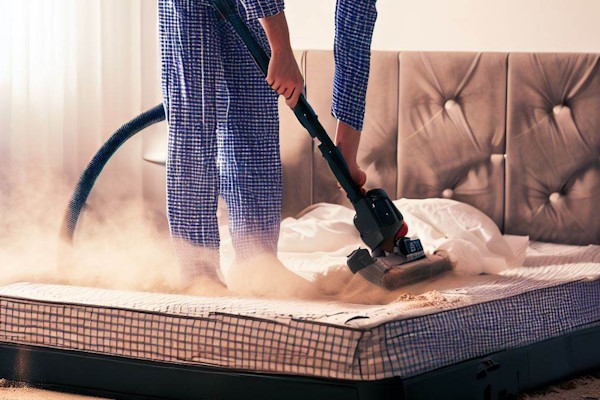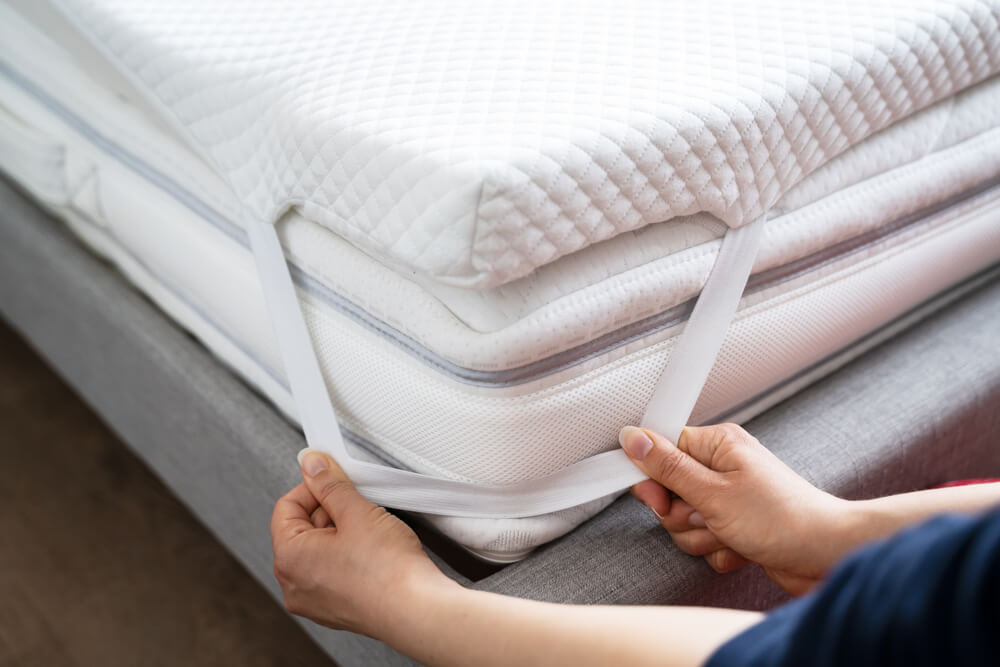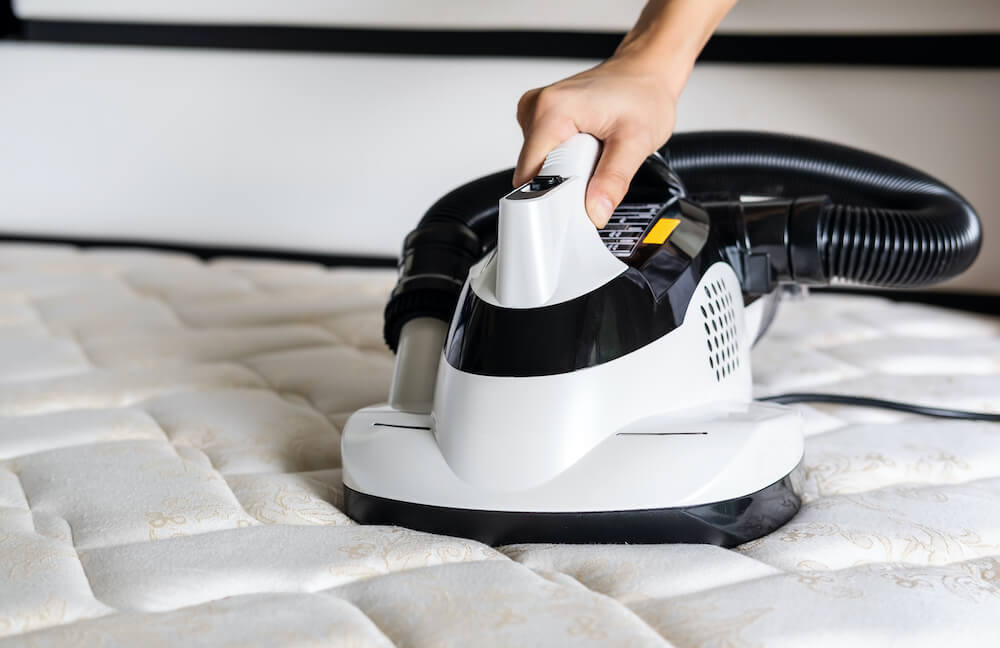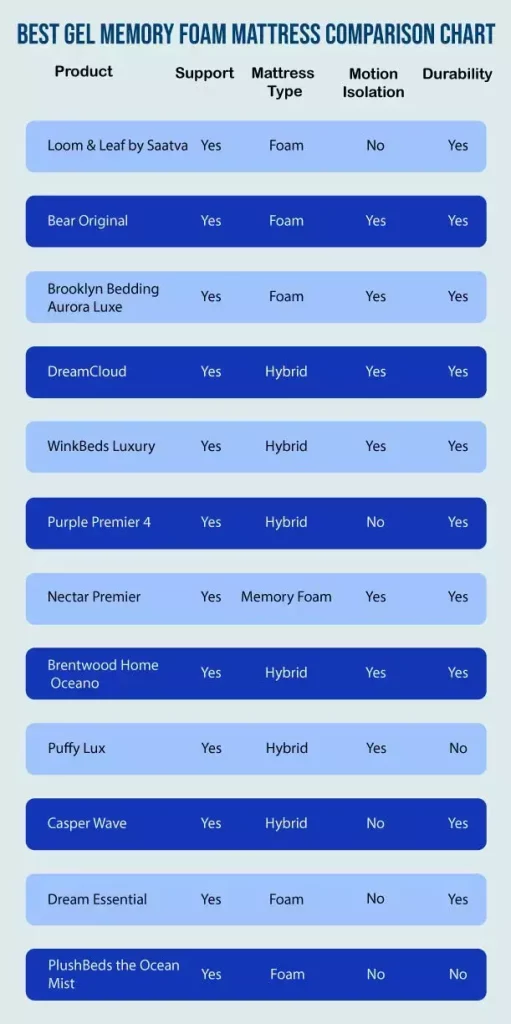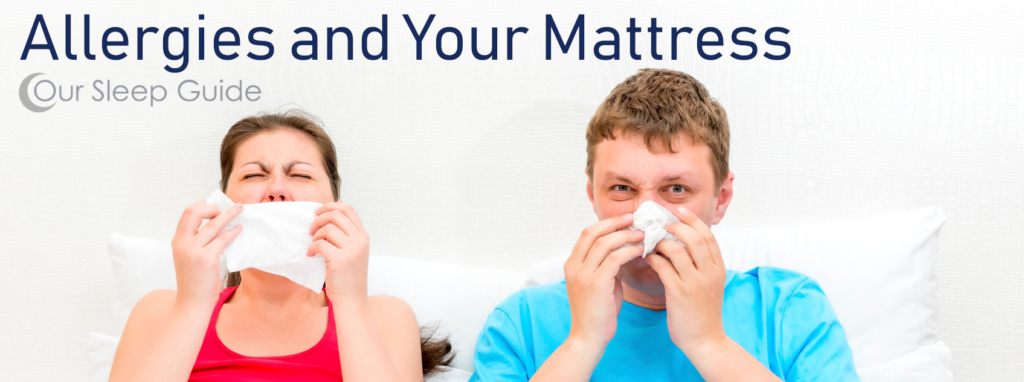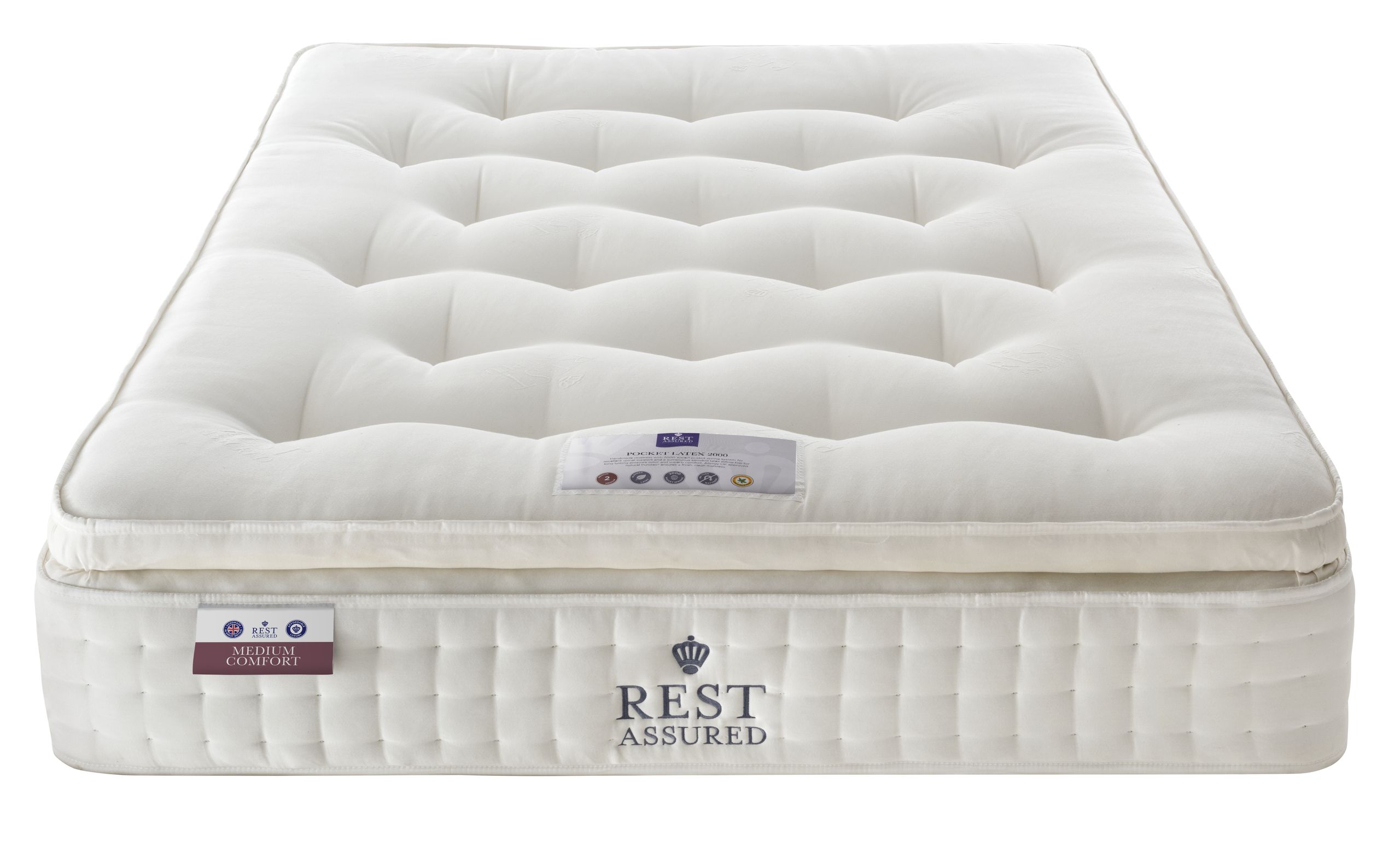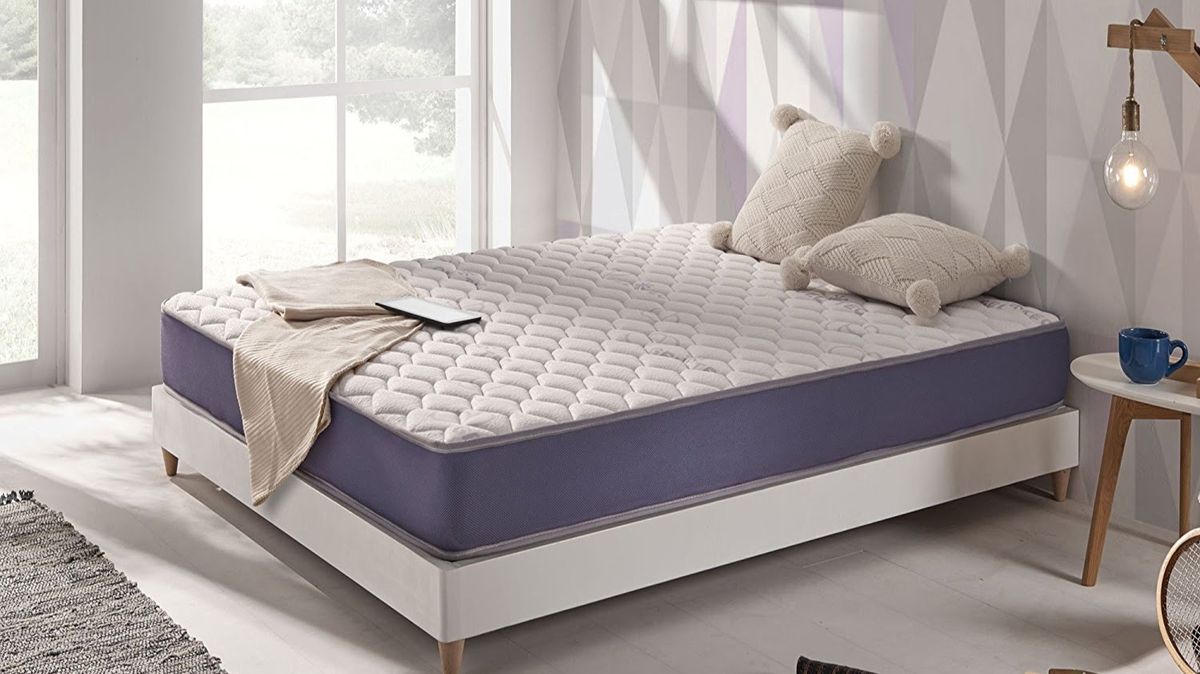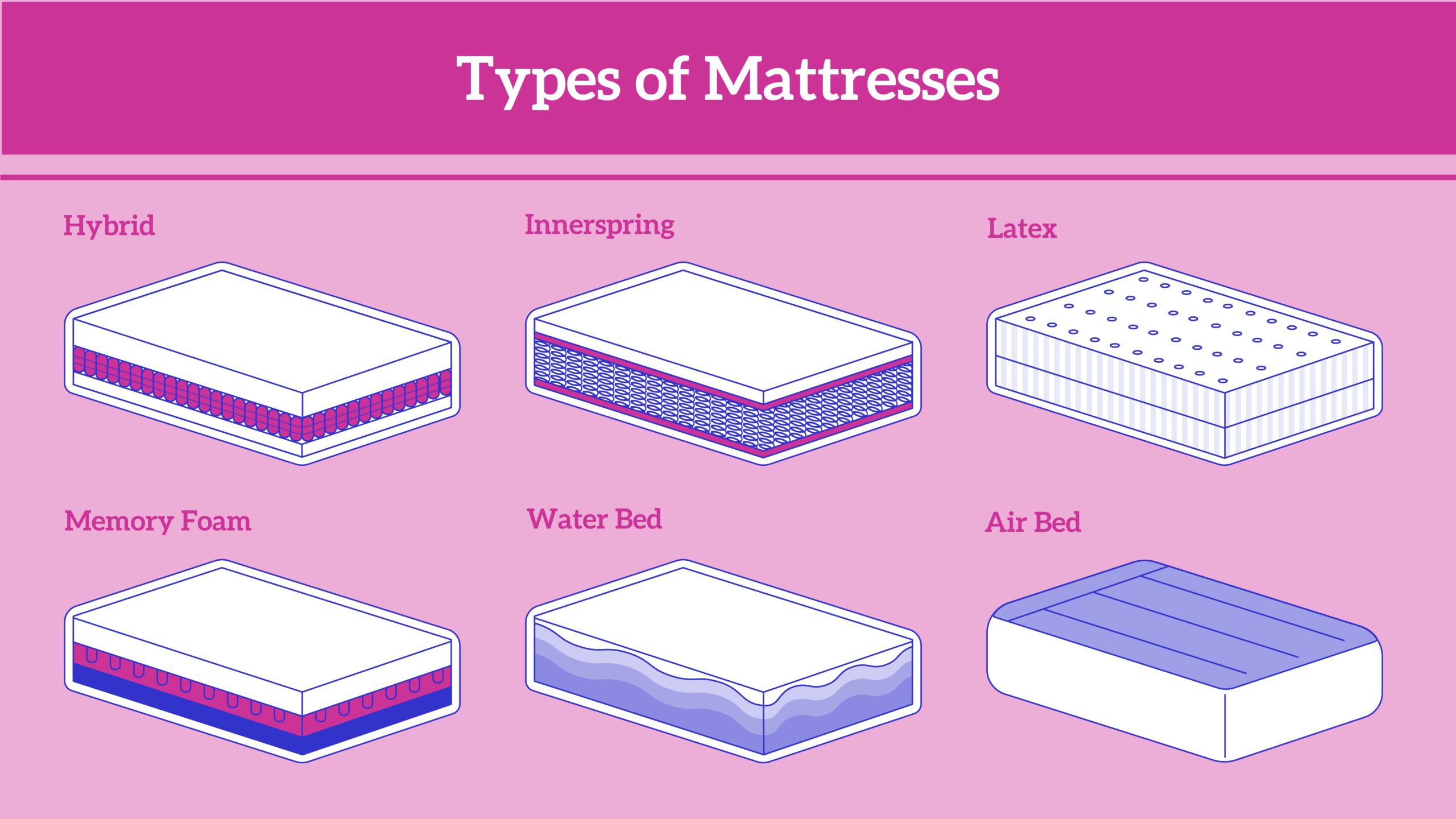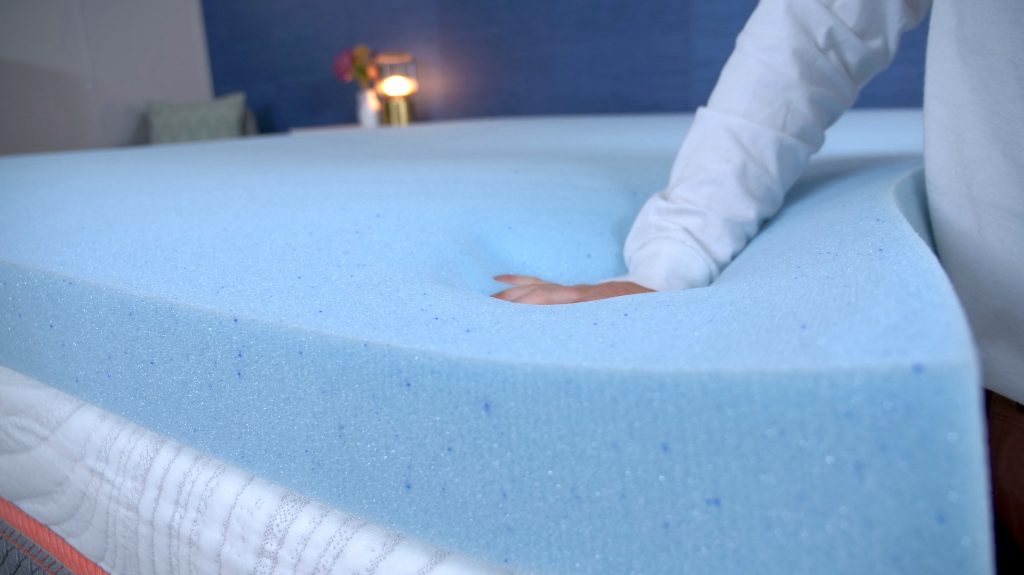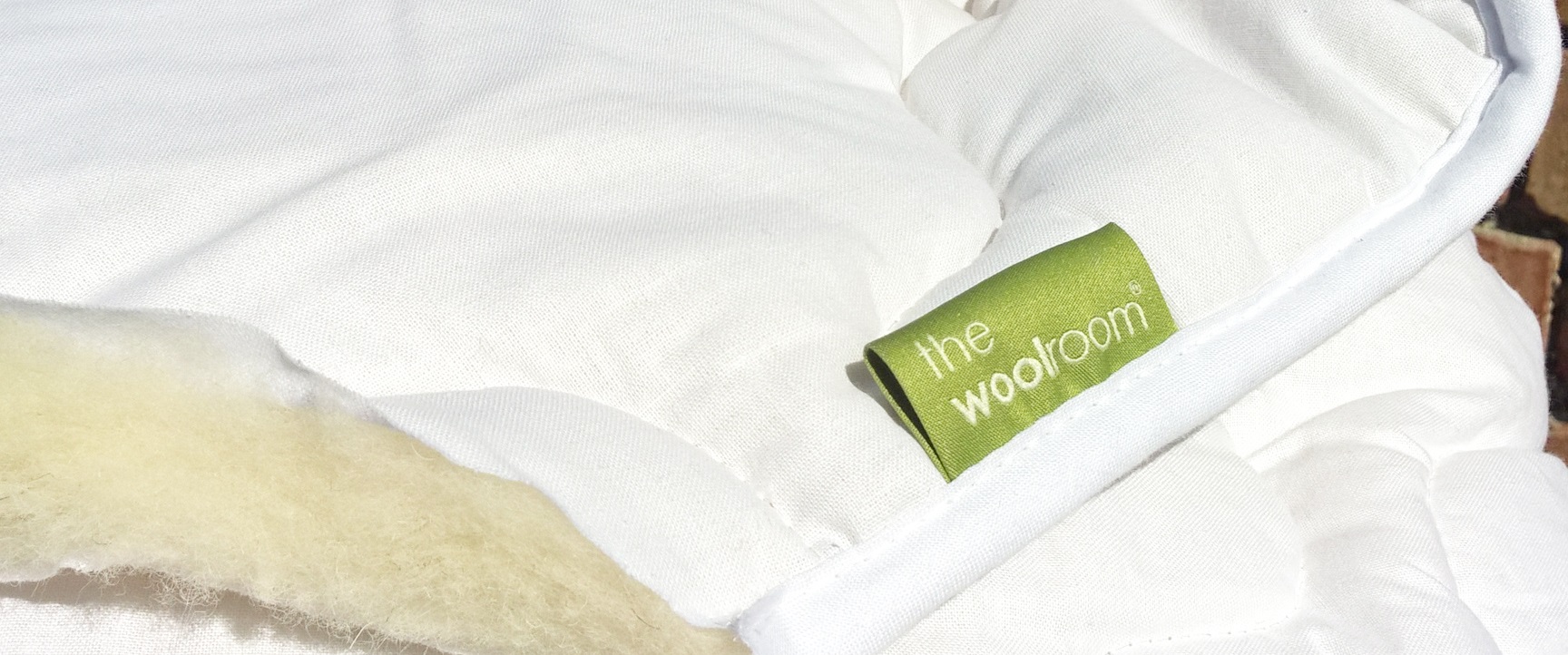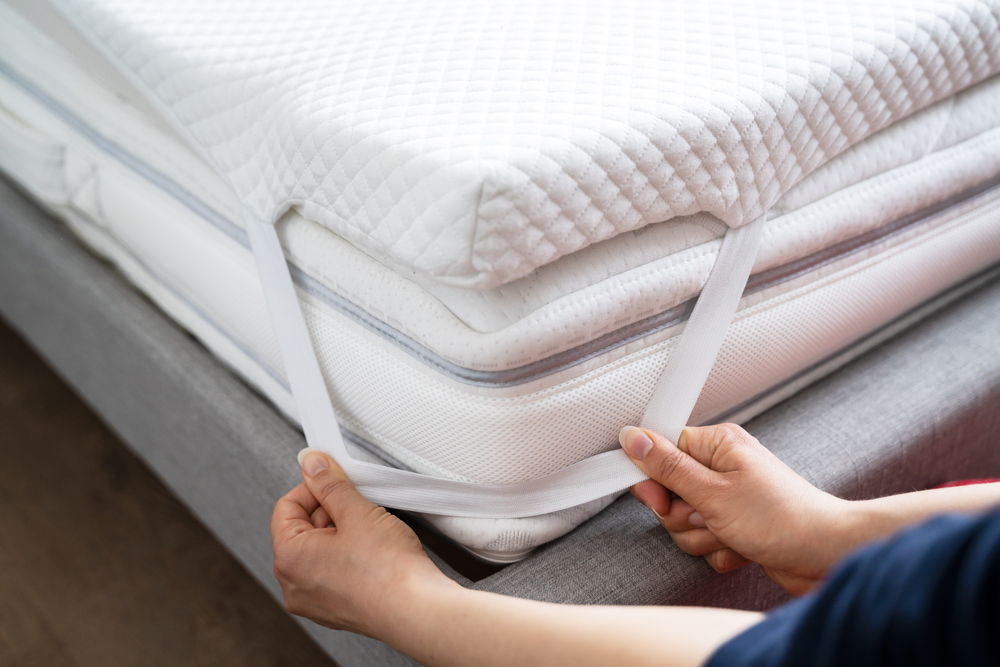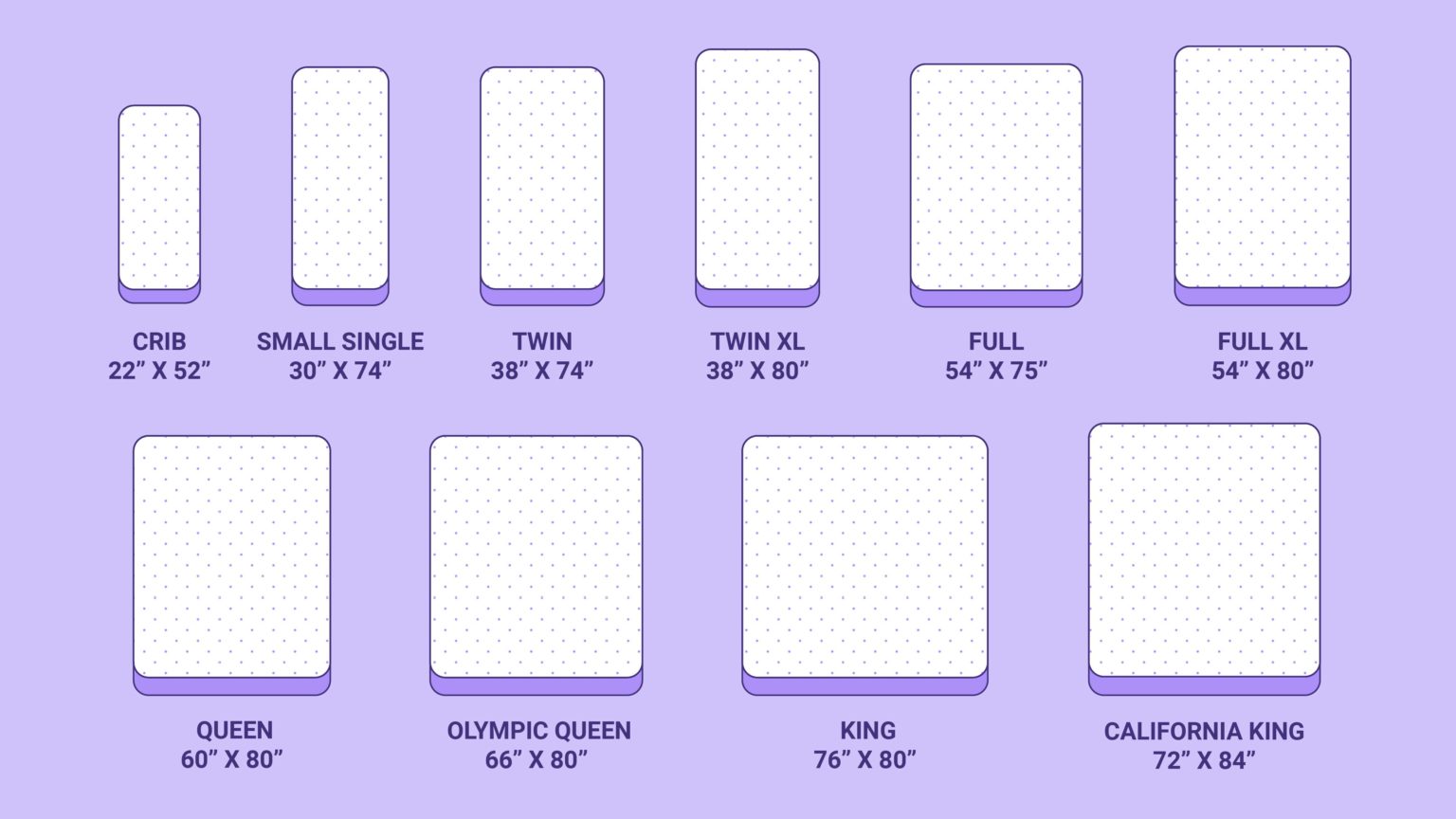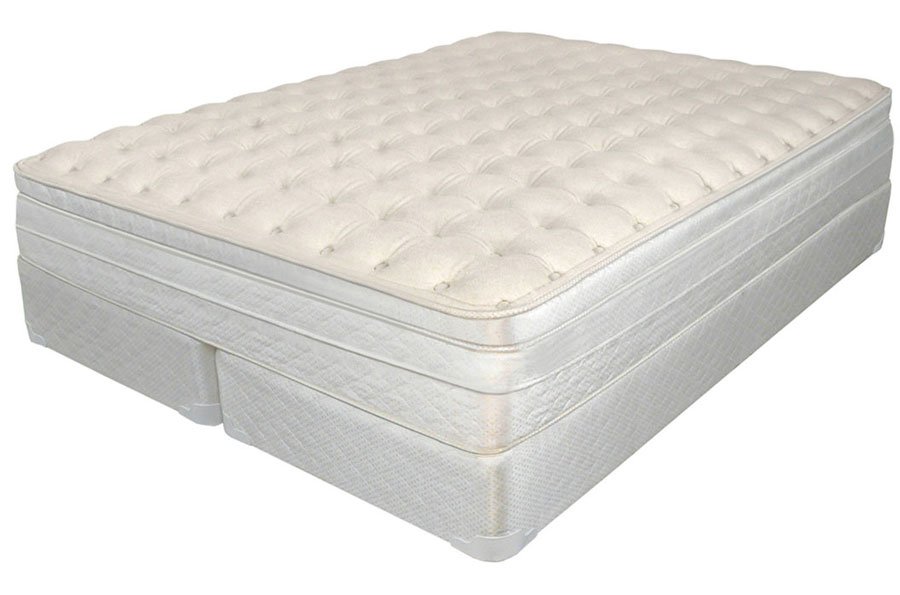Many people rely on foam mattress toppers to provide an extra layer of comfort and support for a better night's sleep. However, for some individuals, these seemingly harmless bedding accessories can cause allergic reactions. If you experience symptoms like sneezing, itching, or congestion after using a foam mattress topper, you may have a foam mattress topper allergy. In this article, we will discuss the symptoms, causes, and treatment options for this type of allergy.Foam Mattress Topper Allergy: Symptoms, Causes, and Treatment
If you have allergies, it's important to choose a hypoallergenic mattress topper to avoid triggering your symptoms. Look for toppers made from natural materials like organic cotton, bamboo, or hypoallergenic wool. These materials are less likely to contain chemical additives or irritants that can cause allergies. Additionally, opt for toppers that are labeled as "dust mite-resistant" to reduce the risk of dust mite allergies.How to Choose a Hypoallergenic Mattress Topper
If you're in the market for a new mattress topper and suffer from allergies, it's essential to choose the right one. Some of the best options for allergy sufferers include natural latex mattress toppers, hypoallergenic wool toppers, and organic cotton toppers. These materials are less likely to trigger allergies and provide a comfortable and supportive sleep surface.Best Mattress Toppers for Allergies
Natural latex is a popular material for mattress toppers because it offers excellent support and pressure relief. But, it also has hypoallergenic properties that make it an excellent choice for those with allergies. Latex is resistant to dust mites, mold, and mildew, making it a safe and healthy option for allergy sufferers.Natural Latex Mattress Toppers for Allergy Relief
Memory foam is a popular material for mattress toppers, but it can also trigger allergies in some individuals. The chemicals used in memory foam, such as formaldehyde and toluene diisocyanate, can cause respiratory issues and skin irritation. If you have a memory foam mattress topper and experience allergy symptoms, it may be time to switch to a hypoallergenic alternative.Memory Foam Mattress Toppers and Allergies
Regular cleaning and maintenance of your mattress topper can help reduce the risk of allergies. Use a vacuum with a HEPA filter to remove dust, dander, and other allergens from the surface of your topper. You can also spot clean stains with a mild detergent and warm water. Additionally, make sure to wash your bedding, including your mattress protector, regularly to prevent the buildup of allergens.How to Clean and Maintain Your Mattress Topper to Reduce Allergies
Aside from choosing a hypoallergenic mattress topper and keeping it clean, there are other steps you can take to manage your foam mattress topper allergy. These include using dust mite covers on your topper and pillows, washing your bedding in hot water weekly, and keeping your bedroom well-ventilated to reduce moisture and mold growth.Tips for Managing Allergies to Foam Mattress Toppers
If you've tried different types of foam mattress toppers and still experience allergies, it may be time to consider alternative bedding options. Some alternatives to foam mattress toppers include hypoallergenic wool or cotton pads, featherbeds, or even an adjustable air mattress. These options can provide a comfortable sleep surface without triggering your allergies.Alternatives to Foam Mattress Toppers for Allergy Sufferers
Not all foam mattress toppers are created equal, and some may be more likely to cause allergies than others. Memory foam, for example, contains chemicals that can be irritating to some individuals. Polyurethane foam, commonly used in cheaper mattress toppers, may also contain harmful chemicals. On the other hand, natural latex foam is hypoallergenic and a safer option for those with allergies.Understanding the Different Types of Foam Mattress Toppers and Their Allergy Risks
Aside from your mattress topper, other bedding items like pillows and sheets can also cause allergies. When shopping for these items, look for hypoallergenic options and materials like organic cotton, bamboo, or silk. Additionally, make sure to wash your bedding regularly and keep your bedroom clean and dust-free to reduce allergy triggers.Choosing the Right Bedding for Allergy Relief: Mattress Toppers, Pillows, and More
The Allergy Dilemma: Dealing with a Foam Mattress Topper

The Rise of Foam Mattress Toppers
 In recent years, foam mattress toppers have become increasingly popular among homeowners seeking a better night's sleep. These toppers are designed to provide added comfort and support to traditional mattresses, making them a popular choice for those looking to upgrade their bedding without breaking the bank. However, as with any new bedding product, there can be unexpected consequences, such as developing an allergy to the foam mattress topper itself.
In recent years, foam mattress toppers have become increasingly popular among homeowners seeking a better night's sleep. These toppers are designed to provide added comfort and support to traditional mattresses, making them a popular choice for those looking to upgrade their bedding without breaking the bank. However, as with any new bedding product, there can be unexpected consequences, such as developing an allergy to the foam mattress topper itself.
The Allergy Epidemic
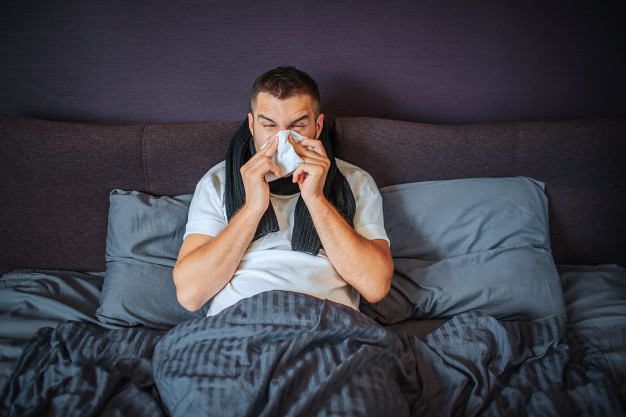 Allergies are a common occurrence, affecting millions of people worldwide. While some allergies are hereditary, others can develop over time due to exposure to certain materials or substances. This includes foam, which is commonly used in a variety of household products, including mattresses and mattress toppers. Foam is a synthetic material that is made from various chemicals, some of which can trigger an allergic reaction in sensitive individuals.
Allergies are a common occurrence, affecting millions of people worldwide. While some allergies are hereditary, others can develop over time due to exposure to certain materials or substances. This includes foam, which is commonly used in a variety of household products, including mattresses and mattress toppers. Foam is a synthetic material that is made from various chemicals, some of which can trigger an allergic reaction in sensitive individuals.
The Symptoms of a Foam Mattress Topper Allergy
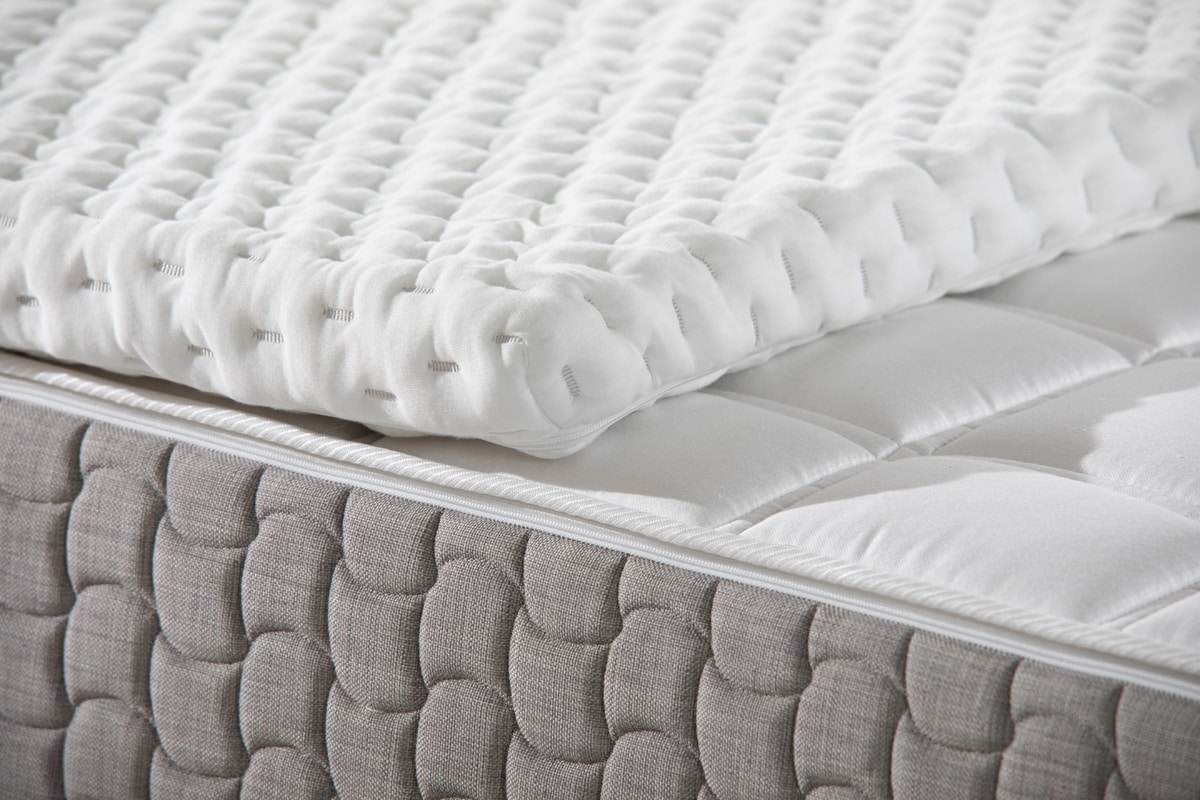 If you have recently introduced a foam mattress topper into your bedroom, you may start to experience symptoms such as sneezing, watery eyes, and a runny nose. These are all common signs of an allergic reaction. Additionally, you may also experience skin irritation, such as rashes or hives, if you come into direct contact with the foam. These symptoms can be a sign that you are allergic to your foam mattress topper and may need to take further action.
If you have recently introduced a foam mattress topper into your bedroom, you may start to experience symptoms such as sneezing, watery eyes, and a runny nose. These are all common signs of an allergic reaction. Additionally, you may also experience skin irritation, such as rashes or hives, if you come into direct contact with the foam. These symptoms can be a sign that you are allergic to your foam mattress topper and may need to take further action.
Managing Your Allergy
 If you suspect that you are allergic to your foam mattress topper, it is important to take steps to manage your symptoms. The first step is to remove the topper from your bed and replace it with a different material, such as cotton or wool. You can also try using a hypoallergenic mattress cover to create a barrier between you and the foam. If your symptoms persist, it is important to consult a doctor and get tested for allergies. They can help you determine the best course of action to take to alleviate your allergy symptoms.
If you suspect that you are allergic to your foam mattress topper, it is important to take steps to manage your symptoms. The first step is to remove the topper from your bed and replace it with a different material, such as cotton or wool. You can also try using a hypoallergenic mattress cover to create a barrier between you and the foam. If your symptoms persist, it is important to consult a doctor and get tested for allergies. They can help you determine the best course of action to take to alleviate your allergy symptoms.
In Conclusion
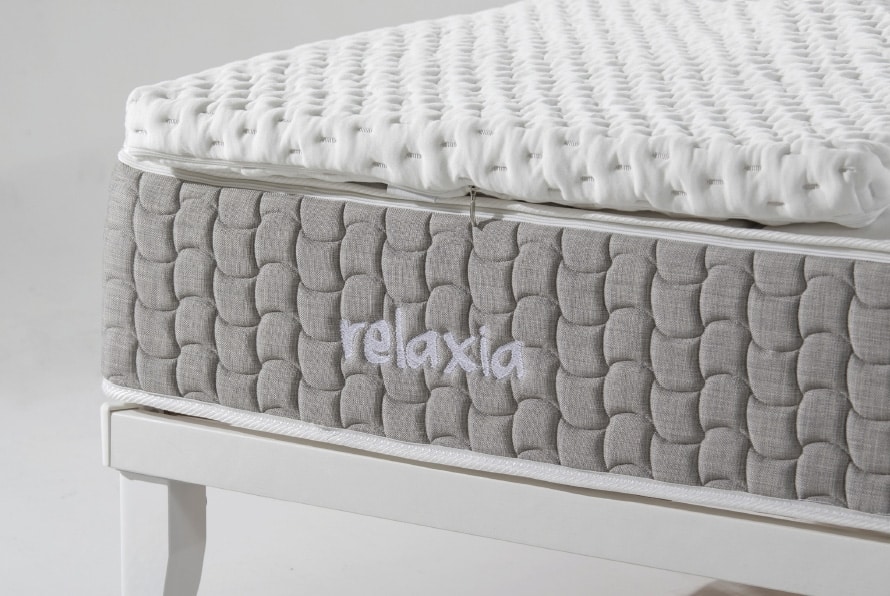 While foam mattress toppers may provide added comfort and support, they can also lead to unexpected allergies. By being aware of the potential for an allergic reaction and taking steps to manage it, you can still enjoy the benefits of a foam mattress topper without compromising your health. Remember to always prioritize your comfort and well-being when choosing bedding materials for your home.
While foam mattress toppers may provide added comfort and support, they can also lead to unexpected allergies. By being aware of the potential for an allergic reaction and taking steps to manage it, you can still enjoy the benefits of a foam mattress topper without compromising your health. Remember to always prioritize your comfort and well-being when choosing bedding materials for your home.




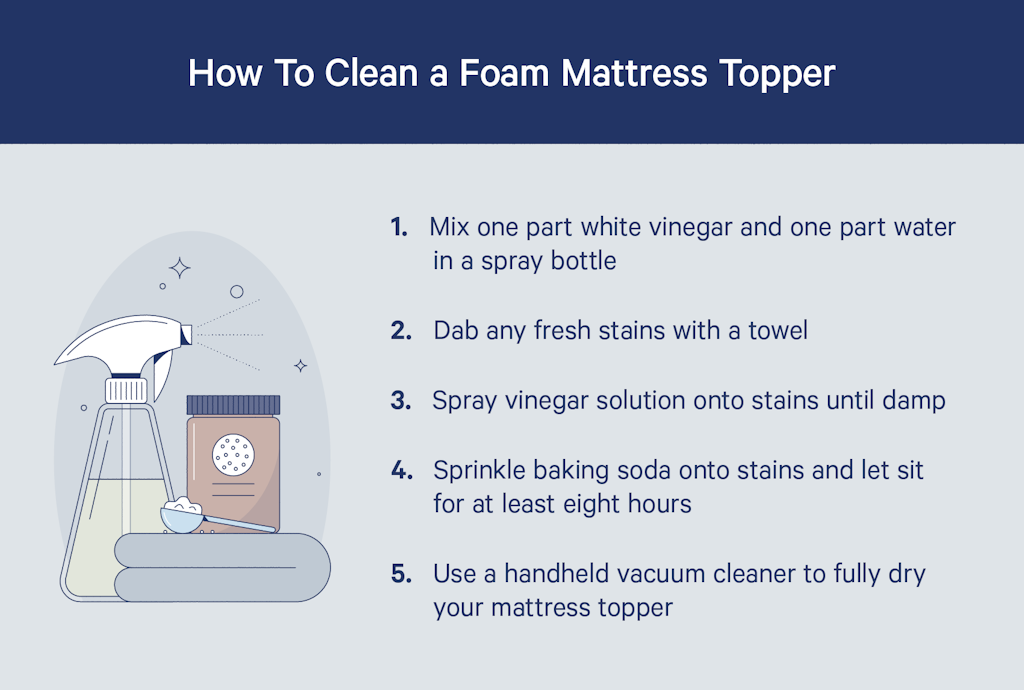



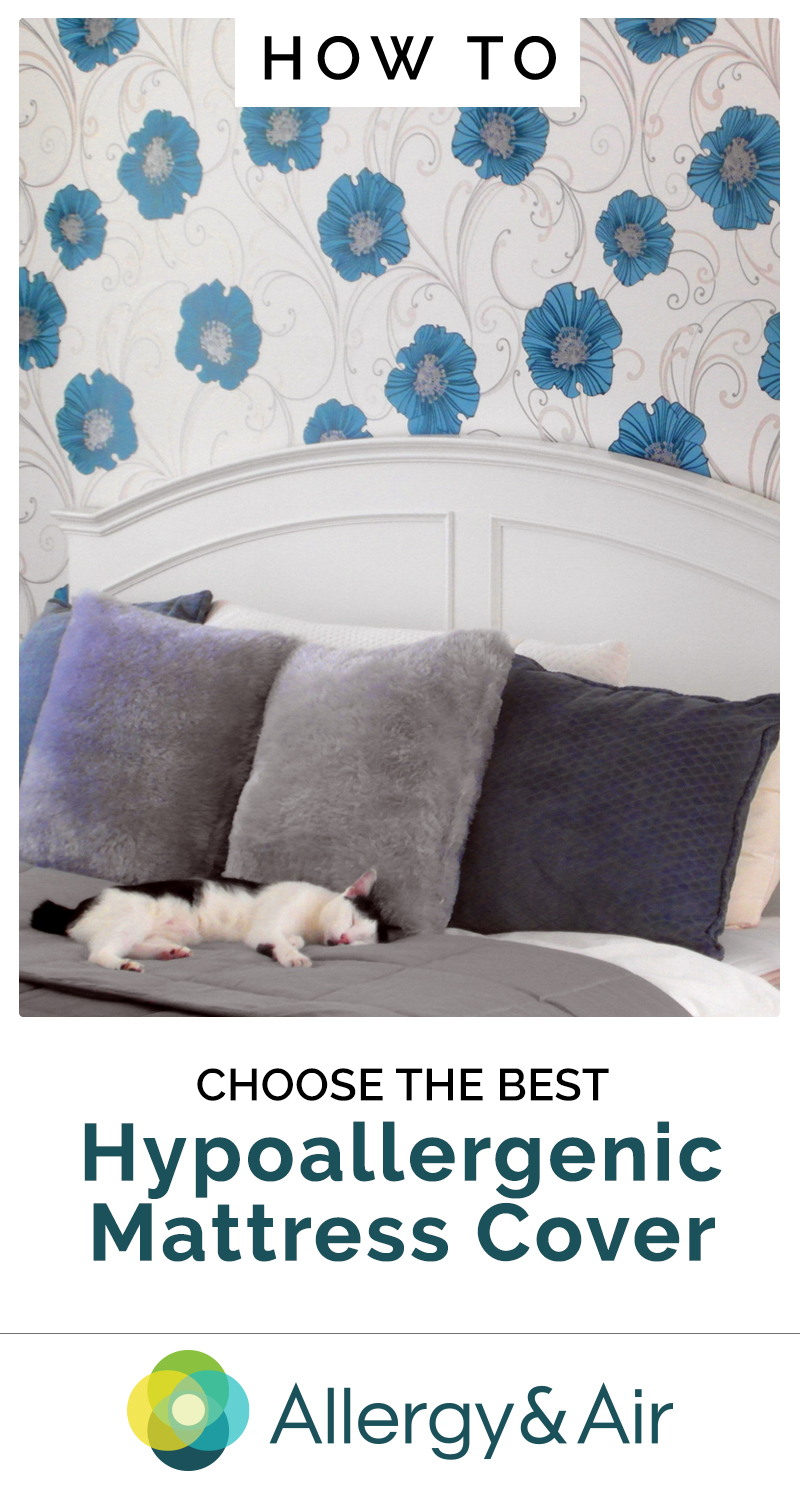


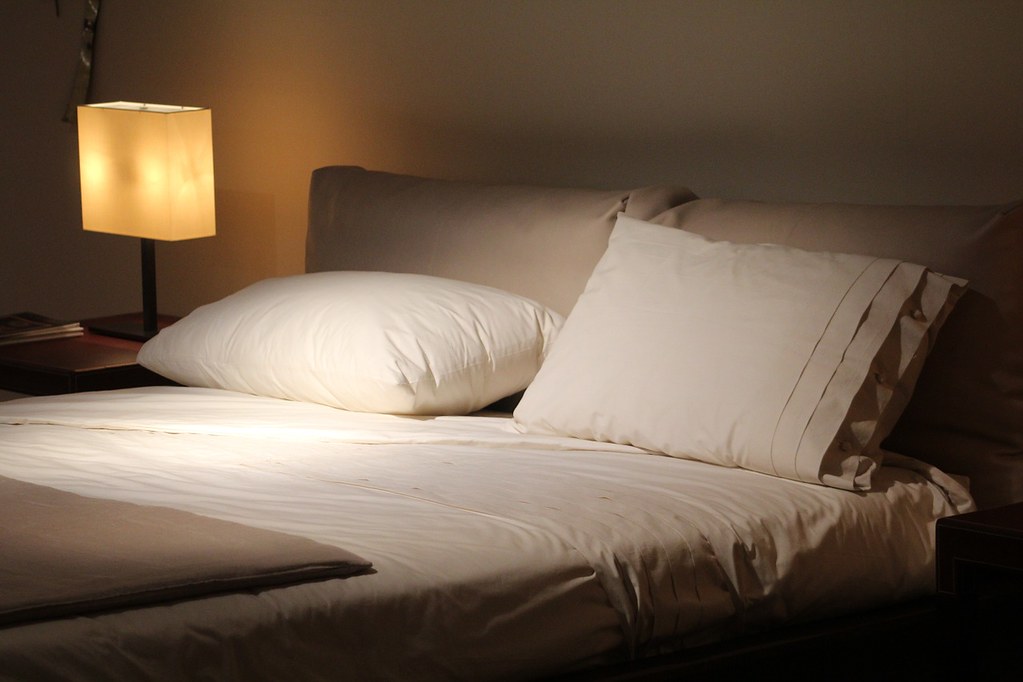

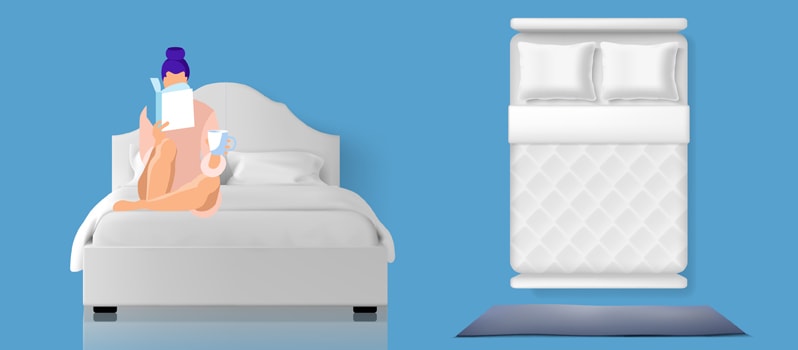








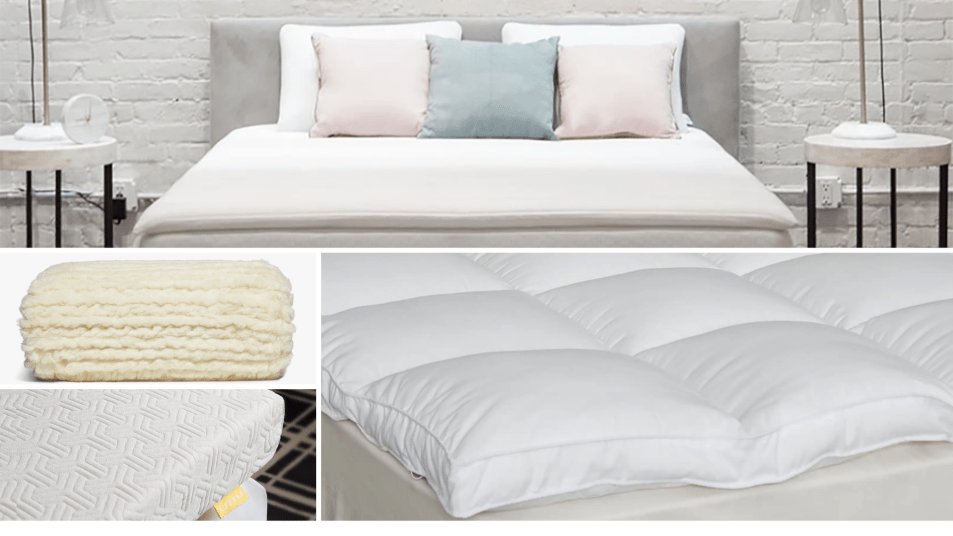

/GettyImages-623071968-5c59fd62c9e77c000159b26b.jpg)
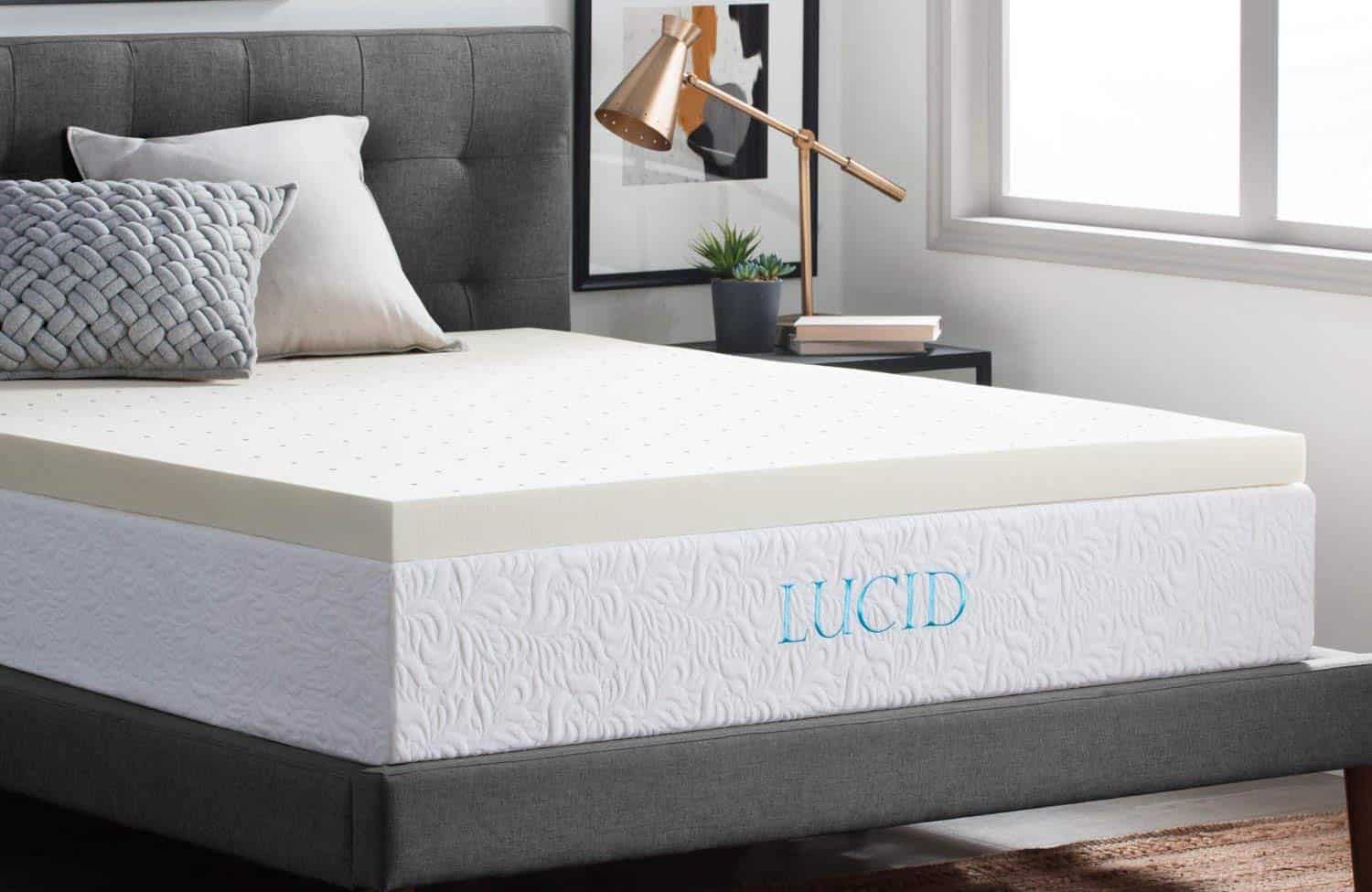





:max_bytes(150000):strip_icc()/SleeponLatex-b287d38f89374e4685ab0522b2fe1929.jpeg)


